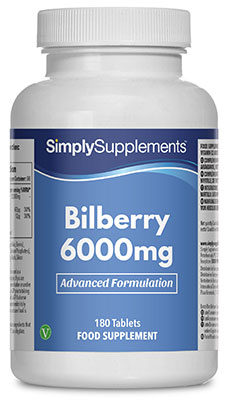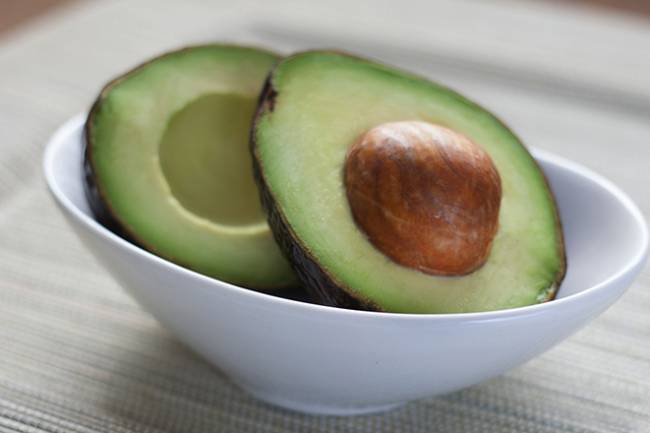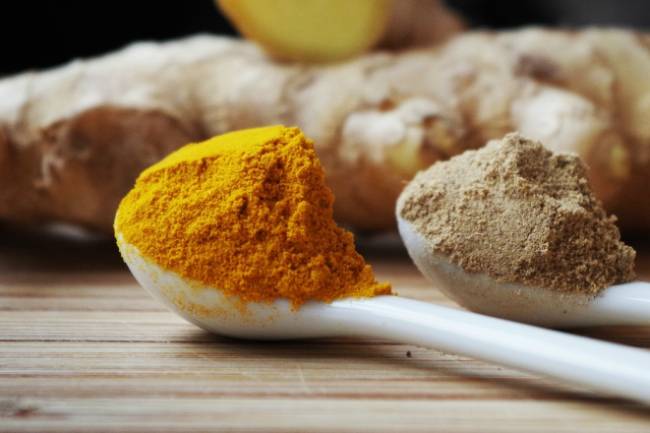A Beginner's Guide to Understanding Inflammation
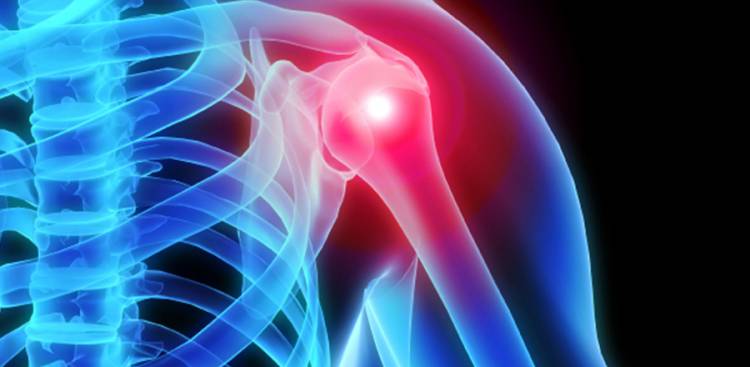
Inflammation is a common bodily reaction that can affect any of us at any time. However, despite how often inflammation can occur, public knowledge of this particular health area is relatively lacking, given how complicated the topic can be.
To remedy this issue and help you learn the basics about inflammation, we've put together this beginner's guide to help get you started.
What Is Inflammation?
Inflammation is defined in the Oxford dictionary as “a localised physical condition in which part of the body becomes reddened, swollen, hot, and often painful, especially as a reaction to injury or infection.” The word originates from the Latin word inflammatio, meaning “a setting on fire”, and is believed to have first been used in the 16th century.
Inflammation is the response your body produces when trying to tackle harmful bacteria, pathogens, toxins and other compounds that make their way into your body.
Your immune system sends out white blood cells to combat these contaminants, and the chemical response during this process causes symptoms such as redness, warmth and discomfort to occur in the area where the white blood cells are operating. These symptoms are inflammation.
What Are the Signs of Inflammation?
The causes of inflammation are incredibly varied, which we will discuss later in the guide. Because of this though, the symptoms and signs of inflammation can also be just as wide-ranging. Common symptoms include:
- Redness
- Swelling
- Joint pain
- Fever
- Joint stiffness
- Loss of function in the joints
- Rapid bodily temperature changes like hot flushes and chills
- Fatigue
- Headaches and migraines
- Muscle pain and stiffness, and
- Loss of appetite
Is Inflammation Bad for You?
Despite the discomfort short-term inflammation and its associated symptoms can exhibit, you can take solace that it's a sign your immune system is working to rid your body of harmful compounds. However, there are two different kinds of inflammation, both of which you need to know about in order to make sure that you stay as healthy as possible.
Acute Inflammation:
Acute inflammation is short-term in nature. It is caused when your body responds to something like tissue damage and will usually only last for a few days. It is commonly categorised with five signs; redness, pain, swelling, loss of function and heat. The purpose of acute inflammation is to locate, isolate and combat harmful contaminants so that the body can begin to heal itself. Usually acute inflammation is nothing to worry about, and with a few dietary corrections or some non-steroidal medication, you may be able to overcome it quite easily.
Chronic Inflammation:
Chronic inflammation is a much longer process than acute inflammation, and is known to last months or even years. There are a lot of different causes of this kind of inflammation, such as failure by your body to isolate the root cause of acute inflammation, or even something much more serious like autoimmune disorders.
Autoimmune disorders are when your immune system incorrectly identifies healthy tissue within your body as a harmful foreign pathogen, which causes your body to attack itself. This can cause significant damage to the area, organ or tissue that has been targeted, and may require medication in order to remedy it.
What Are the Causes of Inflammation?
We hinted earlier in this guide that there are a multitude of different things that could cause your body to produce inflammation as a response. We can't possibly discuss every one of them in this article, so instead we'll take a look at some of the most prominent and common causes to help you develop your understanding of inflammation, as well as identify some methods that might be able to help support your body against it.
Injury & Tissue Damage
 Because inflammation is a natural part of the healing process of your body, it's not surprising to read that injury and damage done to your body can trigger an inflammatory response. When you get a cut or bruise, you often find that the wound swells, becomes red and generates feelings of discomfort.
Because inflammation is a natural part of the healing process of your body, it's not surprising to read that injury and damage done to your body can trigger an inflammatory response. When you get a cut or bruise, you often find that the wound swells, becomes red and generates feelings of discomfort.
These symptoms are a form of inflammation, and are a sign that your body is trying to naturally clean and disinfect the wound in the first stages of the healing process. In more serious cases, like arthritis, this injury and the body's response can lead to degradation of the cartilage within the joints, causing discomfort, pain, stiffness and a loss of joint function.
Pathogens & Illnesses
Inflammation is a natural part of your immune system, so it should come as no surprise that it can be caused when you contract an illness or disease, or when a pathogen manages to get into your body.
Common symptoms you experience when you get sick are things like fevers, headaches and fatigue. All of these are a form of inflammation, and can be directly caused when your body combats the toxins released by bacteria, viruses or infections. Inflammation, if left to progress, may itself also contribute to more serious health complications arising, such as:
- Arthritis – inflammation of the joints
- Bronchitis – inflammation of airways in the lungs
- Meningitis – inflammation of protective membranes that cover the brain and spinal cord
- Myocarditis – inflammation of the heart
- Nephritis – inflammation of the kidneys
- Crohn's Disease – inflammation of the bowels
Aside from illness, the symptoms generated by your body in response to allergies are also a form of inflammation that people may frequently experience. Things like dust and animal allergies, as well as hay fever can cause symptoms like runny noses, sneezing and itchy or watery eyes. All of these symptoms are commonly associated with inflammation and are a means used by your immune system to fight the allergen proteins that trigger the inflammatory response.
Non-steroidal anti-inflammatory drugs (NSAIDs) like ibuprofen and aspirin can be purchased at all UK supermarkets and pharmacies, and are commonly used to help treat symptoms of inflammation like pain, headaches or fever, symptoms that you are likely to experience if you contract an illness like a cold or flu.
Ibuprofen in particular works by blocking enzymes in the body that are known to produce prostaglandins, which help promote inflammation. If you choose to use NSAIDs as a means to help combat inflammation, also follow the directions on the packet and if necessary consult a pharmacist before using them.
Food & Chemicals
Certain ingredients within the food you eat can also play a large role in the inflammatory response generated by your body. Let's take a look at a few of the larger ones that can most commonly be found in everyday diets.
Unhealthy Fats
Trans fats are man-made, where hydrogen has been industrially added to vegetable oil to help harden the consistency and prolong shelf life.
Although these fats have been largely removed from processed meals sold by UK-based super markets, they're still out there somewhere, so it's incredibly important to make sure you're vigilant when doing your food shopping. Because of the unnatural properties of trans fats, when they're ingested, your body doesn't have the necessary receptors that help to correctly, and quickly, combat them and their toxins. This may cause your body to exhibit symptoms of inflammation.
A way to help reduce inflammation in response to this is to limit your intake of trans or saturated fats, and instead replace them with unsaturated fat sources. Cakes, biscuits, fried food, processed meals, sweets and soft drinks should be swapped out for healthier snacks and drinks like oily fish, mixed nuts, avocado, leafy green vegetables and mineral water.
For extra support against inflammation, you can also compliment a healthy, well-balanced diet with a comprehensive supplement to help ensure your body receives a potent dose of nutrients that may otherwise be lacking or deficient.
Sugar
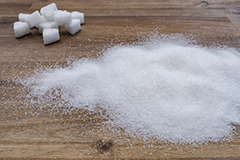 Sugar can be found in a huge variety of different foods, which makes it especially difficult to cut entirely out of your diet in an effort to combat acute or chronic inflammation. If your diet contains large, consistent doses of sugar, then you may increase the overall glucose level within your body.
Sugar can be found in a huge variety of different foods, which makes it especially difficult to cut entirely out of your diet in an effort to combat acute or chronic inflammation. If your diet contains large, consistent doses of sugar, then you may increase the overall glucose level within your body.
Only so much glucose can be processed in a certain amount of time before your body reaches a bottleneck, meaning that overconsumption of sugar can cause glucose to build up to a point where a surplus begins to develop. If this happens, then the excess glucose level may increase the production of pro-inflammatory cytokines in your body, which are secreted by the immune system and have the potential to affect other cells throughout the body.
An article published in 2006, titled The Emphasis of Diet on Inflammation, concluded after extensive content analysis research was performed on previously published studies that “dietary patterns high in refined starches, sugar, and saturated and trans-fatty acids… may cause an activation of the innate immune system, most likely by an excessive production of pro-inflammatory cytokines.”
Refined Flour
Whole grain flour is renowned for its fibre content, which is why you'll frequently be told that in order to best optimise your diet for your health, it's best to pick brown bread over white.
White bread contains refined flour, which differs from whole grain varieties because of the fibre it possesses. The refining process to produce white flour causes a large percentage of its fibre and nutrient content to be removed.
By removing these nutrients from the composition of the flour, the rate of digestion of the carbohydrates found within flour increases due to the lack of fibre, which may increase the speed and frequency of blood sugar spikes. If this occurs frequently because of the composition of your diet, you may find that this process could cause some form of inflammation.
Unhealthy Lifestyle Choices
Your day-to-day habits have the potential to generate an inflammatory response by your body, depending on their nature. Let's take a look at a few that we feel would be easiest for you to remedy in an effort to help promote your overall health and wellbeing against inflammation.
Smoking
Smoking in particular can be a leading cause of inflammation, because of the variety of harmful and toxic substances found within cigarettes. As we discussed earlier in the guide, continuous inflammation of the airways, which are directly affected by your smoking habit, may increase the risk of a more serious health condition like bronchitis or coronary heart disease occurring. In order to prevent this kind of inflammation, quitting your smoking habit can be a fantastic change for the benefit of your health.
A scientific review published in 2003 looked at the impact of smoking cessation on respiratory symptoms, lung function, airway hyper responsiveness, and, most importantly in this guide, inflammation. The review used a collection of previously published studies to help develop trends between the variables being analysed. In the case of chronic bronchitis, the review states that “the few available studies… suggest that smoking cessation reduces bronchitis of the large airways.”
Exercise
 A lack of exercise is also a common cause of inflammation within the body. One of the most positive health benefits of regular exercise is that it helps to boost blood flow throughout the body, which further helps to improve the response rate of the white blood cells to tissue damage, pathogens or other harmful chemicals, due to the increased rate of mobility available. By not getting enough exercise, your body may not be in the best condition it can be to help defend your body against the symptoms of inflammation.
A lack of exercise is also a common cause of inflammation within the body. One of the most positive health benefits of regular exercise is that it helps to boost blood flow throughout the body, which further helps to improve the response rate of the white blood cells to tissue damage, pathogens or other harmful chemicals, due to the increased rate of mobility available. By not getting enough exercise, your body may not be in the best condition it can be to help defend your body against the symptoms of inflammation.
A study conducted in the US in 2002 looked to answer the question: “does exercise reduce inflammation”? The study used a sample of 13,748 participants that were 20 years of age or older, taken from the National Health and Nutrition Examination survey ranging from the years 1994 to 1998. The results of the study found that physical activity was positively associated with white blood cell counts, concluding that there is “mounting evidence that physical activity may reduce inflammation.”
If you frequently struggle with inflammation, adopting a new fitness routine may be a beneficial step in the right direction to help minimise the symptoms you experience. Experts recommend that everyone should get around 150 minutes of moderate intensity aerobic exercise a week to help strengthen muscles. Just be careful if your inflammation is centred on your joints because excessive activity may worsen the problem.
Supplements can also be used as an extra means of support to help your body combat inflammation in the joints, so be sure to consult your local GP or pharmacist for advice on which one may be best suited to you and your needs.
Stress
We all deal with stress at one time or another, but prolonged stress can be a direct cause of inflammation which may contribute to other health issues in the future.
When you're stressed, your body releases a hormone from the adrenal gland called cortisol, which is designed to help regulate blood sugar and blood pressure levels. However, if you feel constantly stressed, then large amounts of cortisol in the blood have the potential to negatively impact these same areas of coronary health.
If your blood sugar and blood pressure levels are negatively influenced, being either too low or too high, then your heart may have to work harder to counter this problem, which could cause damage to the organ itself. This damage can trigger an inflammatory response and may increase the risk of more serious health issues occurring in the future.
A study conducted in 2000 looked to analyse the relationship between low-grade inflammation and coronary heart disease, using medical records and blood samples taken from 1025 men, as well as death certificates from 506 men who died from coronary heart disease. This information was collated from 18 different GPs in Britain. The study concluded that “some inflammatory processes… are likely to be involved with coronary heart disease.”
Sleep
An unhealthy sleep schedule may exacerbate inflammation you experience, especially if you don't give your body enough time to recover after a hard day's work. Experts recommend that we should all get somewhere between 7 to 9 hours sleep a night, in order to help make sure our bodies are able to recover sufficiently.
Without adequate sleep, your immune system may begin to suffer, increasing the risk posed to your health from infections and bacteria, which are other causes of inflammation. Although the science behind the relationship between insufficient sleep and inflammation occurrence remains ongoing, this is an important step to help ensure your overall health and wellbeing are maintained.
There are a variety of different things you can do to help induce a deeper, healthier sleep each night, including:
- Taking a bath before going to bed
- Avoiding phone and TV screens two hours before sleeping
- Making sure your room is nice and warm at night
- Developing a strict schedule to go to bed and wake up (including the weekends)
- Reading a book in bed before going to sleep
Summary
Inflammation is incredibly common and is associated with a variety of different stimuli and causes. It can vary widely in intensity depending on individual cases, meaning that what you experience could differ to others and vice versa. If you suffer from any form of inflammation and you're not sure what to do, the best practice is to talk to your local medical professional for an expert opinion. Although in most cases inflammation may pass in a couple of days, you should always err on the side of caution.
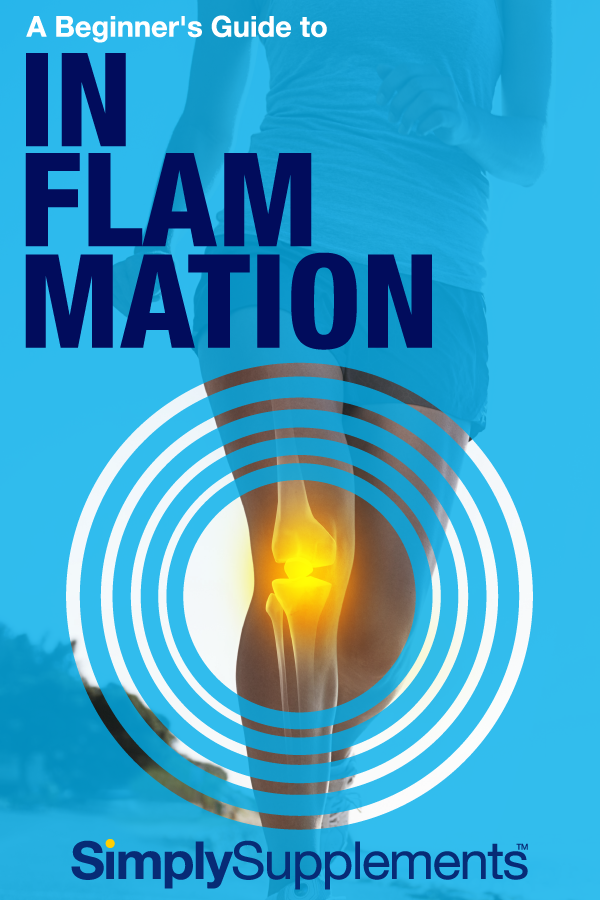
Sources:
https://en.oxforddictionaries.com/definition/inflammation
http://www.onlinejacc.org/content/48/4/677
http://erj.ersjournals.com/content/erj/23/3/464.full.pdf
https://journals.lww.com/epidem/Abstract/2002/09000/Does_Exercise_Reduce_Inflammation__Physical.12.aspx
http://www.bmj.com/content/321/7255/199.short

 Nicole
Nicole 



